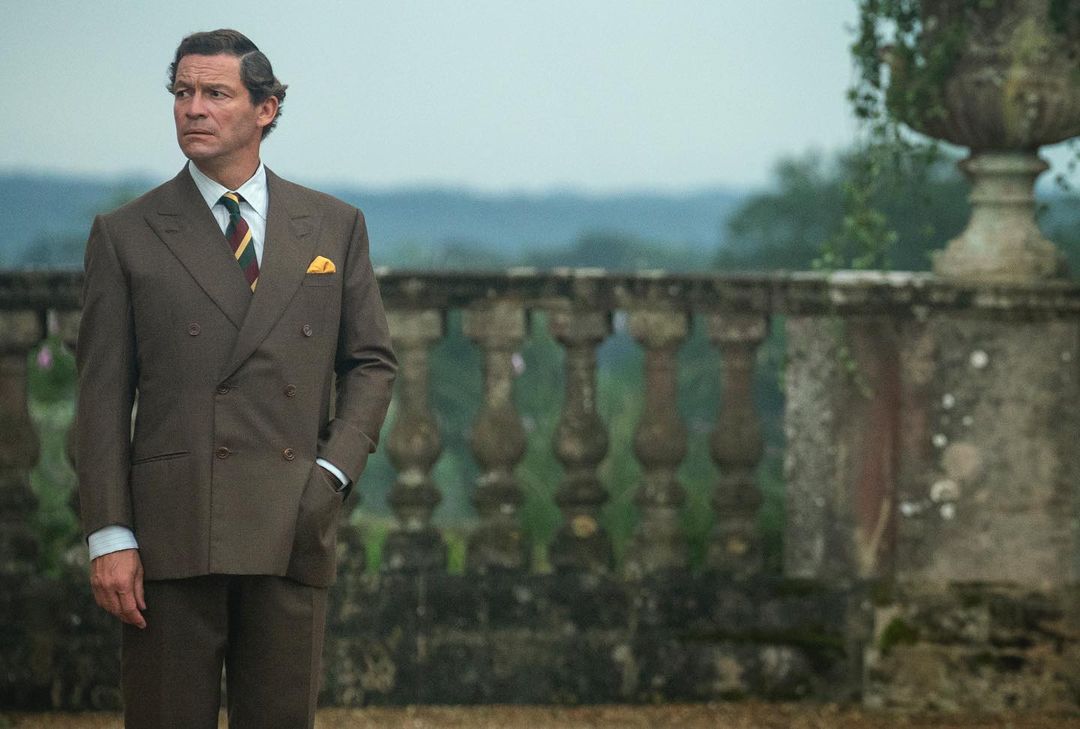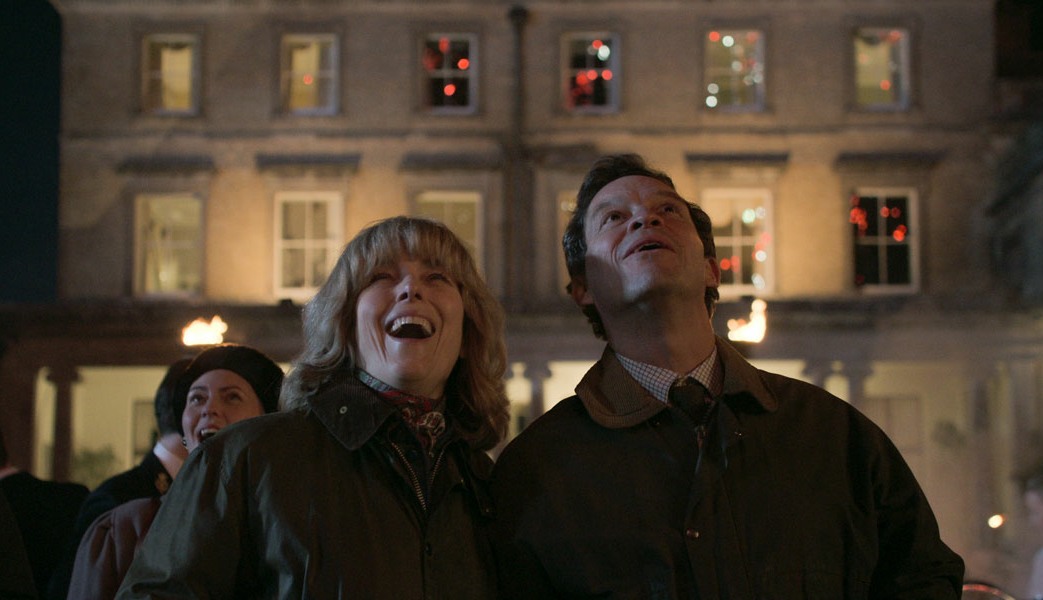Omid Scobie’s Yahoo UK column this week is all about The Crown and the royal establishment’s collective freakout over The Crown. Just yesterday, I was thinking that there had been a strange lull in the freakout, almost as if Buckingham Palace had suddenly realized that maybe their campaign against Netflix was looking downright unhinged. I’m sure King Charles will rally and there will be another blitz of “Charles is so sad about The Crown” stories coming out just days and hours before the new season drops in less than two weeks. Which leads me to Scobie’s column and his very effective counterargument: that while The Crown is a fictional dramatization, Peter Morgan has based the show completely on extensive written records from the time.
Scobie on all of those royal “documentaries”: Without sounding dramatic, many of these supposedly authoritative specials have become superspreaders of misinformation on the royal beat. But you’ll be unlikely to hear many complaints about them. Right now, the energy for that is all aimed at The Crown, which is less than two weeks away from its season five premiere.
The Crown tackles the ‘90s, with receipts: This chaotic decade – which ended with public support for the monarchy at its lowest – became the House of Windsor’s worst in history. And thanks to how publicly many of its scandals played out, they’re also some of the most documented. But despite the abundance of material banked in historical archives, the push to label The Crown as a total work of fiction has become fiercer than ever. Just like many things (and people) initially embraced by The Firm, the show has now become the enemy.
On Judi Dench’s letter: Even legendary actress Dame Judi Dench spoke out, writing an open letter to The Times about the series’ “crude sensationalism” of history. Now, I’m a big fan of Dench’s work, but the decision to go out of her way to label the series as “cruelly unjust” has been… interesting. The letter, which asked for a disclaimer to appear at the start of the show, was written with no reference to her own award-winning depictions of the Queen’s great-great-grandmother in Victoria & Abdul and Her Majesty, Mrs Brown – true royal stories that received rave reviews but also criticism from certain historians about accuracy. Perhaps the letter reflects some regret on Dench’s behalf… or perhaps there’s more to the theory that her close friendship with Camilla, now the Queen Consort, is what led her to defend the Royal Family.
The British media is criticizing The Crown for using storylines they reported on at the time: As easy as it is to throw blame at producers and writers working on Peter Morgan’s creation, is it actually warranted? A closer look at some of the most breathlessly criticised plot lines in the forthcoming episodes reveal that a lot of what is currently being called into question by the media actually originated in the same media outlets currently leading the onslaught.
John Major’s tantrum: Former UK prime minister John Major was absolutely right to point out that stories suggesting Prince Charles came to him to discuss the Queen’s abdication are inaccurate, but mainstream media coverage of his comments have been missing the fact that this very rumour ran rife amongst royal correspondents at the time, making its way into gossip columns, biographies and even as far as the pages of the New York Times.
The Penny Knatchbull storyline: Outrage over a storyline involving rumours of an inappropriate friendship between the late Prince Philip and Penny Knatchbull has also been loud in the press. Some newspapers have done nothing to prevent such rumours spreading by writing suggestive stories about the countess’s ‘regular’ visits to his Sandringham home, how his “flirty bond” with the aristocrat “kept him young”, and details of their “highly personal” friendship.
The Crown is actually well-sourced & well researched: I’ve spent much of the past week watching the new season and while, due to a pesky embargo, I’m not allowed to share anything about it yet, I can say that a lot of this series takes its lead from information readily available in the public domain, be it on-the-record television interviews, Diana’s audio tapes to Andrew Morton, numerous biographies (including Jonathan Dimbleby’s 1994 book, which Charles co-operated with) and archival reporting from British newspapers.
The Windsors can’t blame anyone but themselves: It’s easy to sling mud at episodes few have actually seen yet, but in my opinion much of the scandal this season is sourced from one place: reality. I’d imagine that this is what scares the royal institution the most. Because while The Crown’s scripted dialogue comes straight from the writer’s room, and you’d be a fool to treat this show as a historical documentary, the majority of jaw-droppers in the plot come courtesy of the Royal Family and the press. And for those, they have no one to blame other than themselves.
[From Yahoo UK]
I actually didn’t know that the stories about Charles pressuring his mother to abdicate were widely reported at the time. I know he sat there, on camera, with Jonathan Dimbleby, and whined about how his mom needed to die (and in the same interview, he dithered when it came to talking about what he would do as king and why he wanted to be king). Charles believes he’s a lot slicker than he actually is, and this was back in the ‘90s, when Diana could effortlessly make him look like an a–hole all the time. Anyway, you get the point – the problem isn’t that Peter Morgan is making things up out of thin air to vilify Charles and the Windsors. The problem is that Morgan has a wealth of receipts and he’s choosing to soft-pedal the actual history, and even that soft-pedaling makes Charles look terrible. Because he was and is terrible.
https://www.instagram.com/p/Cj-xO_jNGXY/
Posters & photos courtesy of Netflix, IG courtesy of EW.
Source: Read Full Article








